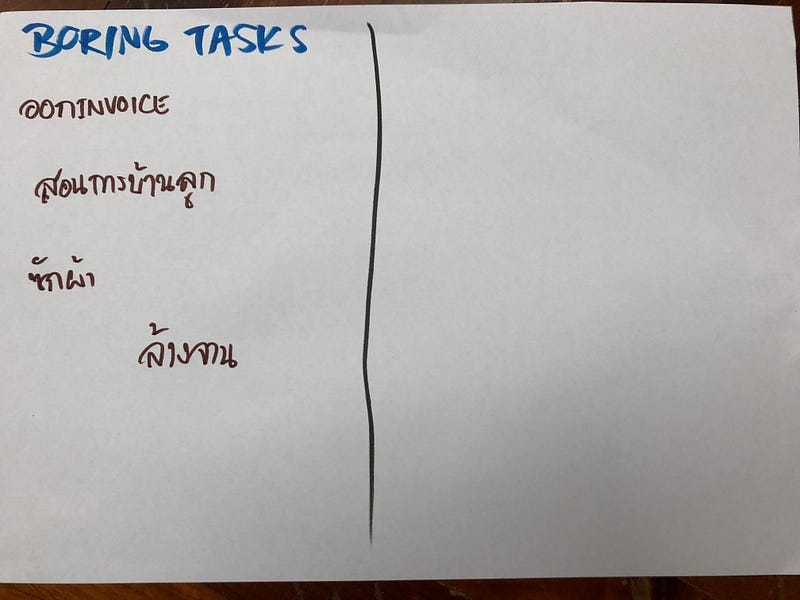Who takes PO role in client project?
The essence in PO role is to manage ROI - Return on Investment. While you are doing projects for clients, there is contract in between and ROI involves both sides, which makes who taking PO role more complicated than it is in product organization.
We are going to look at this question for two common types of contracts - time & material and fixed price (derived from fixed scope).
Time & Material
This is Agile friendly. It's straightforward that PO comes from client. For client, Investment is fixed for one team sprint, thus, he focuses on maximizing Return by prioritizing the high value work. For vendor, Return is fixed, and so is Investment. Thus, usually a business manager from vendor dealing with simple contract will suffice.
When it is done sprint by sprint, client has the right to terminate the project earlier than the initial estimate, as long as with sufficient notice period. Vendor is compensated by higher margin or shared saving for this flexibility.
Even though it is Agile friendly, i see the further improvement opportunity by linking it to team. Instead of counting how many individuals, we count teams. The price of different teams varies as the performance of them varies.
Fixed price (derived from fixed scope)
The fixed scope means little or no uncertainty in requirements. At least, it is perceived so by client. We separate two different cases under this contract mode - without client involvement (as client completely denies change) and with client involvement (as client is open to change to some extent).
- without client involvement, risk driven
You may be tempted to do waterfall in this case, but unless there is also little or no uncertainty in development, which is very rare, you still benefit from doing sprints.
Vendor managing its Investment becomes the key driver, thus, PO is from vendor. To vendor, Return is fixed in fixed price, PO actively tries to mitigate risks thus controlling cost (i.e. Investment). To client, it sees ROI as fixed during contract negotiation, thus has no desire to maximize Return during the course, as shown in asking for "fixed scope".
In this case, PO could also be the business manager negotiating with client for the contract in the first place.
- with client involvement, value driven
Client is willing to accept change during the course, and client and vendor are managing ROI collaboratively.
There are business managers from both client and vendor. One is PO, and the other as critical stakeholder to participate in inspection and adaption via sprints. It is better to have PO from client, as same person can own product vision.
In any case, they work together to decide which changes are accepted, as this affects both sides.
1. Can those changes be accommodated in the existing contract?
If there is little impact on cost, ok from vendor; for client, better ROI.
If there is slight increase on cost, it may still be ok for vendor; for client, better ROI.
If there is slight decrease on cost, better ROI for vendor; for client, still better ROI as change is made for more value.
2. Should we initiate change (change price) in contract?
In the case of increasing the price, ROI accepted from vendor, better ROI for client (more Investment, but even more Return)
In the case of decreasing the price, the saved Investment could be split between client and vendor.
Win-win is clearly possible, when client and vendor collaborate.
Conclusion
Time & Material is simple and Agile friendly. With Fixed price, when there is no client involvement, the benefit is limited; when client is willing to involve, even take PO role, better ROI can be achieved for both sides, through collaboration. In fact, fixed price is not fixed any more.





